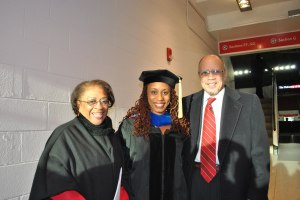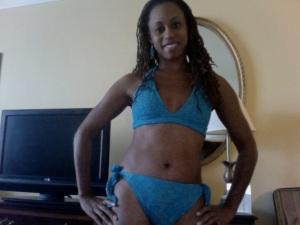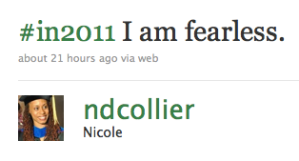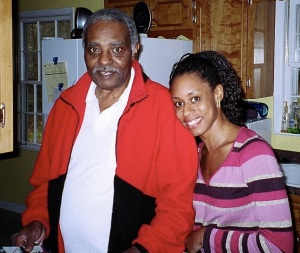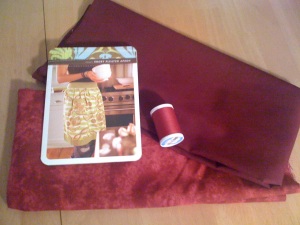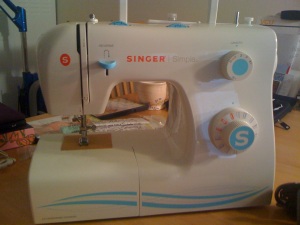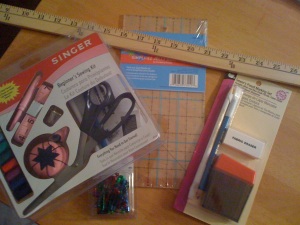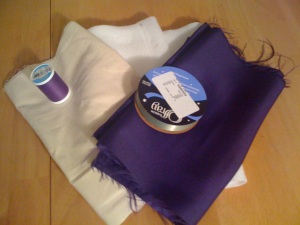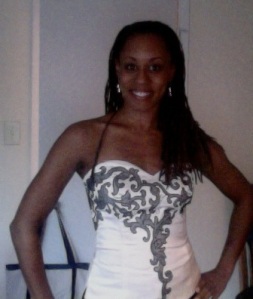Waiting for Superman is all the rave. It’s a documentary (now fact-checked as problematic). It’s also a book. And now it’s a call for action. Folks affiliated with Rethinking Schools, for instance, are pretty sure they are not waiting for Superman and urge us to do the same. Other education activists, social justice researchers and policymakers agree.
If you’ve missed out on all the hoopla, this is all about the dismal state of schools – what is being done about it, and the hope of a magic cure all. Superman.
The hero in all of this seems to be school choice, or more specifically, charter schools. Problematically, the news on charter schools isn’t much better than other public schools (unsurprisingly). The overarching narrative in education today advances the success stories of charters while secreting away the fact they aren’t faring all that well. Turns out that treating students like commodities and running schools like businesses is no way to successfully educate a diverse citizenry.
What’s the key? That’s just it. Snapping our fingers and wiggling our noses aren’t the answer. Nor is further dehumanizing people and treating them like widgets on an assembly line. I believe the answer lies, in part, on embracing a dialogic education. One that affirms the life of each individual, helping her to become a contributive member of society on multiple levels.
But I digress. I really just wanted to share this offering from NPR and the Root. More food for thought about treating our children like french fries.
Something wasn’t right at the high school that Darwin Bridgers’ son attends, so he sat in on the class to see for himself. All morning long, the instructor at the Washington, D.C. charter school pointed to a list of ground rules, a detailed list of rewards and punishments posted on a wall near the front of the class filled with black and Latino students.

